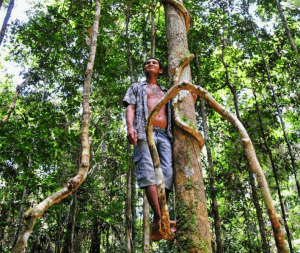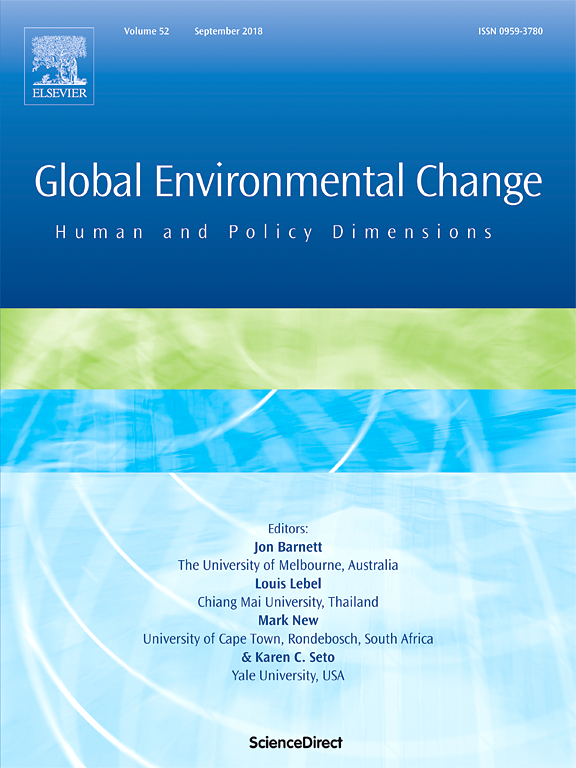Focal point
Location
The Center for International Forestry Research (CIFOR) is a non-profit, scientific facility that conducts research on the most pressing challenges of forest and landscapes management around the world. With our global, multidisciplinary approach, we aim to improve human well-being, protect the environment, and increase equity. To do so, we help policymakers, practitioners and communities make decisions based on solid science about how they use and manage their forests and landscapes.
Capacity building, collaboration and partnerships are essential to finding and implementing innovative solutions to the challenges that the globe faces. We are proud to work with local and international partners. We are a member of the CGIAR Consortium and lead the CGIAR Research Program on Forests, Trees and Agroforestry.
Our headquarters are in Bogor, Indonesia. We have offices in 8 countries across Asia, Latin America and Africa, and we work in more than 30 countries. Contact us for more information.
Resources
Displaying 66 - 70 of 808Transforming REDD+: Lessons and new directions
Constructive critique. This book provides a critical, evidence-based analysis of REDD+ implementation so far, without losing sight of the urgent need to reduce forest-based emissions to prevent catastrophic climate change.
REDD+ as envisioned has not been tested at scale. Results-based payment, the novel feature of REDD+, has gone untested. International funding (both public and private) remains scarce, and demand through carbon markets is lacking.
Restoration to offset the impacts of developments at a landscape scale reveals opportunities, challenges and tough choices
When development impacts a broad landscape and causes the loss of multiple ecosystem services, decisions about which of these impacts to offset must be made. We use industrial oil-palm developments in Kalimantan and quantify the potential for restoration to offset oil-palm impacts on carbon storage and biodiversity. We developed a unique backcasting approach combined with a spatial conservation prioritisation framework to identify priority areas for restoration offsetting.
Gender bias affects forests worldwide
Gender biases persist in forestry research and practice. These biases result in reduced scientific rigor and inequitable, ineffective, and less efficient policies, programs, and interventions. Drawing from a two-volume collection of current and classic analyses on gender in forests, we outline five persistent and inter-related themes: gendered governance, tree tenure, forest spaces, division of labor, and ecological knowledge.





